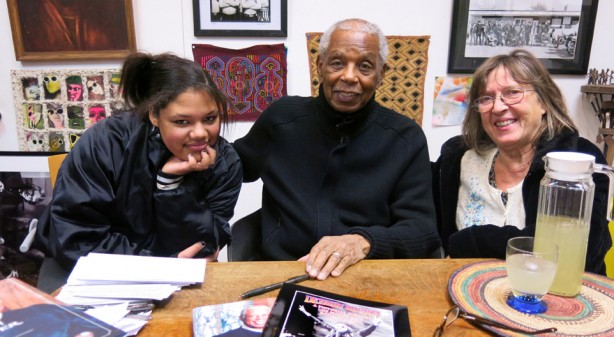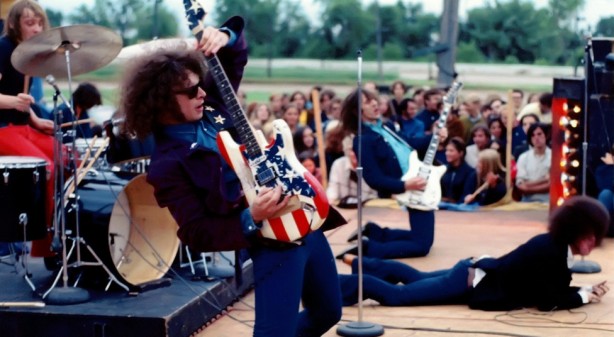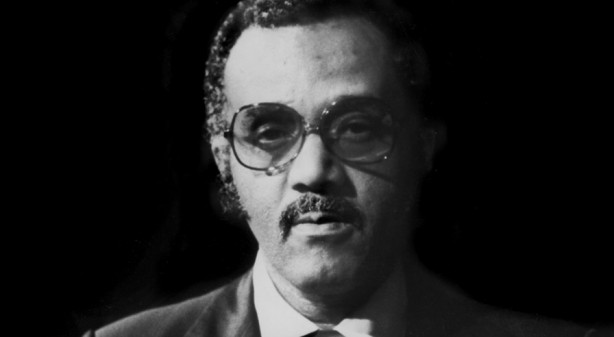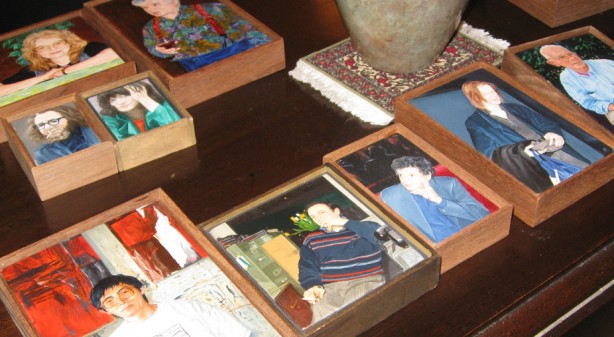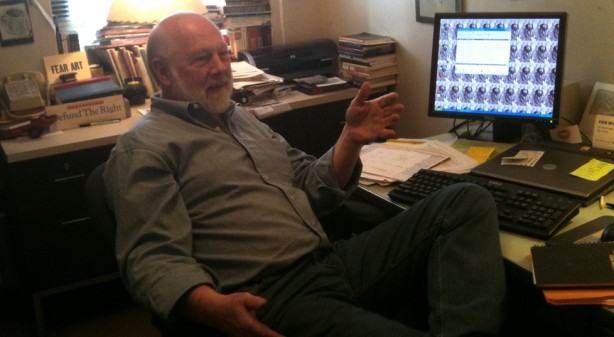Federal Judge Damon J. Keith
Damon J. Keith was born in Detroit, Michigan, on July 4, 1922. He is a graduate of West Virginia State College (B.A. 1943), Howard University Law School (J.D. 1949) and Wayne State University Law School (LL.M. 1956). In 1967, President Lyndon Johnson appointed Keith to the United States District Court for the Eastern District of Michigan, where he ultimately served as chief judge. He was appointed to the United States Court of Appeals for the Sixth Circuit in 1977. As a member of the federal judiciary, Judge Keith has been a courageous defender of constitutional rights, giving real meaning to the promise of "equal justice under law."

